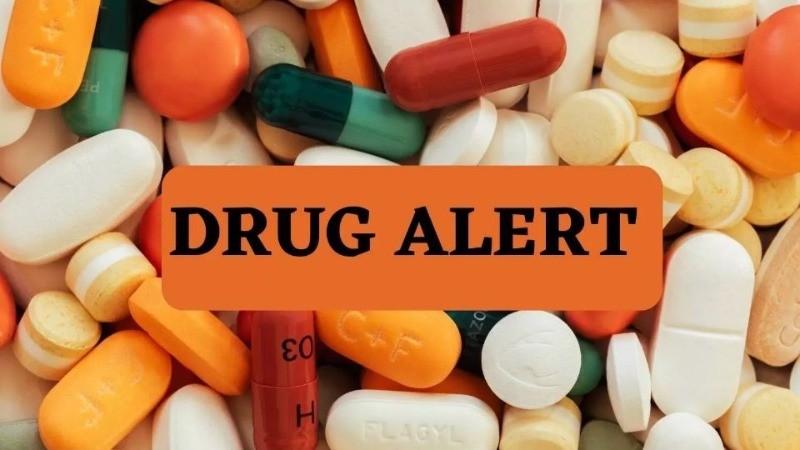
NPPA Revises Prices for 20 Essential Drugs, Sets Retail Rates for 65 Formulations: In a big move to ensure affordability of medicines, the National Pharmaceutical Pricing Authority (NPPA) has revised ceiling prices for 20 essential drugs and set retail prices for 65 new drug formulations. This decision was made during the authority’s 128th meeting held on December 12, 2024, and is part of the NPPA's ongoing efforts to regulate drug prices under the Drug Price Control Order (DPCO).
Key Updates on Revised Drug Prices
The ceiling price revisions include 13 new formulations such as injectable immunoglobulins for rabies, tetanus, measles, and BCG vaccines. The other seven drugs underwent a review to incorporate the 0.00551% increase in the National List of Essential Medicines (NLEM) pricing due to changes in the wholesale price index (WPI) for 2024.
Additionally, retail prices have been fixed for various medications, including those used to treat Type 2 diabetes, high cholesterol, bacterial infections, and as pain relievers. Notable fixed combination drugs (FDCs) include atorvastatin and ezetimibe tablets for lowering LDL and triglyceride levels, as well as gliclazide and metformin hydrochloride for diabetes management.
Expanded Drug List
The list of drugs with revised ceiling prices also features essential formulations like:
Injectable versions of thiamine (Vitamin B1)
Lignocaine (a local anesthetic)
Ascorbic acid (Vitamin C) tablets
Clarithromycin (antibiotic) in both tablet and liquid forms
Dietary supplements such as oral cholecalciferol (Vitamin D3) tablets and antifungal itraconazole capsules are also among the fixed-price formulations.
Regulatory Compliance
The NPPA’s notification emphasizes strict adherence to the revised pricing. Manufacturers of scheduled formulations—whether branded or generic—must ensure that their prices do not exceed the prescribed ceiling price plus applicable Goods and Services Tax (GST).
Routine Price Monitoring
As a part of its mandate, the NPPA routinely revises and fixes drug prices to maintain affordability and regulate the pharmaceutical market. This ensures compliance with the DPCO while addressing essential healthcare needs. The price regulation benefits millions of patients by keeping lifesaving medications within reach.
Ensuring Accessible Healthcare
The latest price revisions and new retail price settings reflect the government's commitment to affordable healthcare. By capping drug prices, the NPPA aims to minimize financial strain on patients while promoting better access to essential medicines.